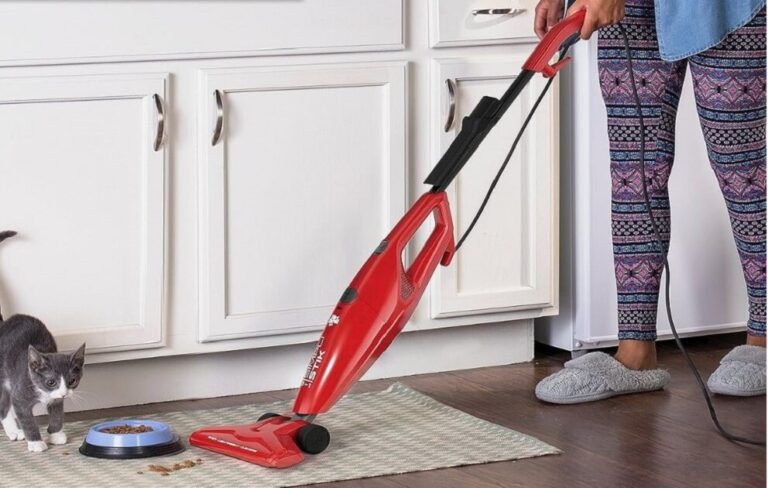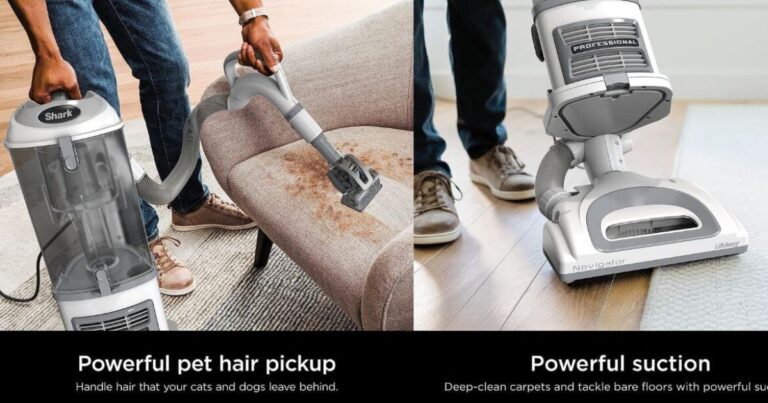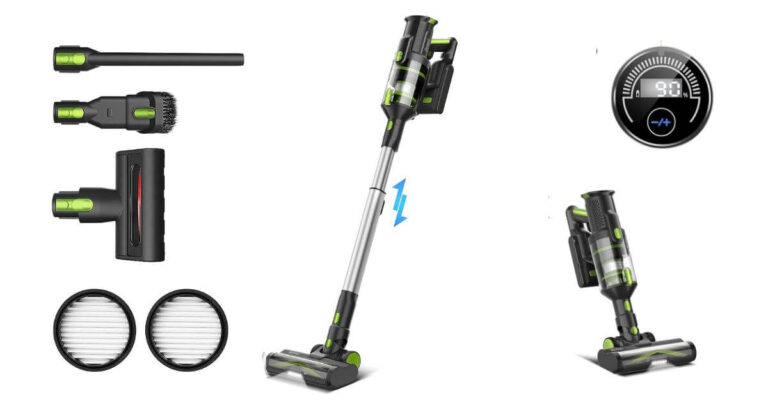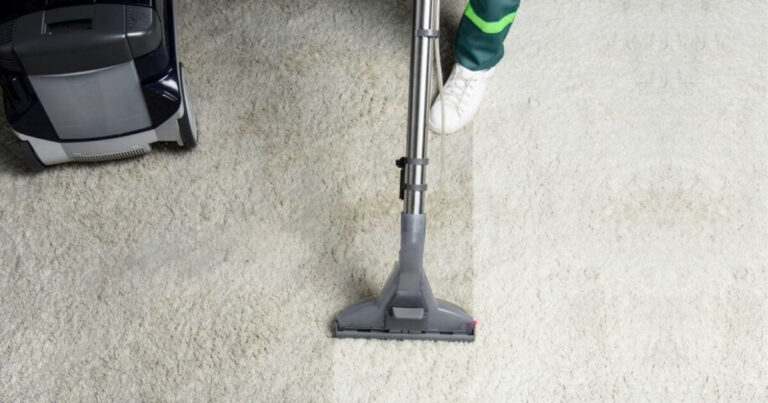How much laundry detergent to use in a carpet cleaner? When using a carpet cleaner or a carpet cleaning machine to clean your carpets, it’s important to use the right amount of laundry detergent to ensure effective cleaning without causing damage to your machine or leaving behind residue on your carpets.
Carpet cleaning is an important part of maintaining a home. How much laundry detergent to use in a carpet cleaner? That is what we will discuss here. It can also be very time-consuming and expensive. Cleaning carpets requires special tools, shampoo, and professional carpet cleaners. However, most people are still doing the same thing over and over again to clean their carpets: using hot water mixed with a chemical detergent. To make your carpets shine again, you need to use the right products. Most people tend to use too much laundry detergent for their home washing.
But how much detergent should be used in Carpet Cleaner? This article will help you decide the right amount of detergent to use in a carpet cleaner. Some simple tips can help you with your carpet cleaning.
Mainly, I was able to use a very simple equation to estimate how much detergent is needed in carpet cleaning. The amount of detergent used will depend on the soil type and the type of fabric you are cleaning. It may be hard to calculate exactly, but this is a good start.
Is It Safe to Use Laundry Detergent in a Carpet Cleaner?
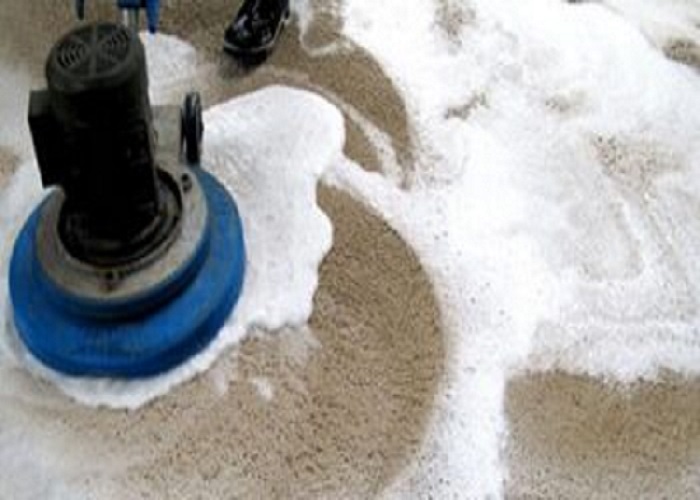
The safety of using laundry detergent in a carpet cleaner is largely dependent on the specific detergent and the amount used. It is generally recommended that any cleaning product be tested before use to make sure it is safe for the surface being cleaned. Some laundry detergents are specifically designed for use in carpet cleaners, while others may not be safe to use in this type of machine. Always read the product label before using it.
When using a carpet cleaner or a carpet cleaning machine to clean your carpets, it’s important to use the right amount of laundry detergent to ensure effective cleaning without causing damage to your machine or leaving behind residue on your carpets. Here are some general guidelines for how much laundry detergent to use in a carpet cleaner:
- Read the Manufacturer’s Instructions: Always start by reading the manufacturer’s instructions for your specific carpet cleaner. Different machines may have different recommendations for detergent usage.
- Dilution Ratios: Many carpet cleaning detergents are concentrated and need to be diluted with water before use. Dilution ratios can vary, but a common recommendation is around 1 to 2 ounces (30 to 60 milliliters) of detergent per gallon (3.8 liters) of water. Again, check the instructions on the detergent label for specific guidance.
- Pre-Test in a Small Area: Before using the detergent solution on your entire carpet, it’s a good idea to do a small test in an inconspicuous area. Apply the diluted detergent to a small section of the carpet and observe any changes or reactions. This will help you ensure that the detergent is safe for your specific carpet type and won’t cause discoloration or damage.
- Adjust for Heavy Soiling: If your carpets are heavily soiled, you may need to use a slightly stronger detergent solution. However, avoid using too much detergent, as excessive suds can be difficult to rinse out and may lead to residue buildup.
- Rinse Thoroughly: After cleaning your carpets with the detergent solution, make sure to thoroughly rinse the carpets with clean water using your carpet cleaner. This helps remove any remaining detergent and prevents residue buildup.
- Use High-Quality Detergent: Opt for a high-quality carpet cleaning detergent specifically designed for use in carpet cleaning machines. Using the right detergent can help improve cleaning performance and reduce the risk of residue buildup.
- Follow Local Water Regulations: Be mindful of local water regulations and guidelines when disposing of wastewater from your carpet cleaner. Some detergents may contain chemicals that need to be properly managed.
Why use laundry detergent in a carpet cleaner?
[table id=20 /]Mainly, Laundry Detergent is a great way to clean carpets because it breaks down built-up dirt and stains. Laundry detergent is also a great way to get pet hair off of your carpets. Simply add 1 cup of laundry detergent to your carpet cleaner. Pour the cleaning solution onto the carpet and work it into the fibers. Let the detergent sit for a few minutes, then vacuum up the mess.
What Type Of Laundry Detergent Should You Use in Carpet Cleaning?
The type of laundry detergent that is best for carpet cleaning will depend on the specific ingredients and formulation of the detergent. However, some general guidelines that may be useful when choosing a laundry Detergent for carpet cleaning include selecting a detergent with a low concentration of chemicals, which will help to reduce environmental pollutants. Additionally, it is important to select a detergent that is formulated to clean carpets effectively and safely, while also leaving them with a fresh scent.
How much Laundry Detergent to Use in Carpet Cleaner?
The amount of detergent required to clean a carpet depends on a number of factors. The type of carpet, the fibers, and how much soil you’re handling all contribute to how much detergent you need. For instance, if your carpet is wool or cotton and there isn’t much soil, you’ll want to use a small amount of detergent. But if your carpet is synthetic and there is a lot of soil to clean up, you’ll want to use more detergent.
Benefits Of Using Laundry Detergent For Carpet Cleaning.
There are many reasons why you might want to use laundry detergent for carpet cleaning.
Some benefits of using laundry detergent for carpet cleaning include:
- Easily Available & Affordable.
- Laundry detergent is a strong and effective cleaner, suitable for deep-cleaning carpets.
- It is safe to use on most surfaces, including hardwood floors.
- It leaves carpets clean and odor-free.
- Laundry detergent is a convenient option for cleaning large areas.
- Effective Cleaning.
- Fresh And Clean Smell On The Carpet.
FAQ.s
Which one do you prefer, powder or liquid laundry detergent?
Mainly, powder laundry detergent is more efficient in washing clothes than liquid laundry detergent. Powder laundry detergent doesn’t require water to hydrate the detergent, so it’s less wasteful. Liquid laundry detergents also use more energy and water to produce.
How much detergent to water for a carpet cleaner?
well, it depends on the quantity of the carpet. usually, the general measurement is the combination of 1 cup of warm water and 1.25 ml of liquid detergent.
Summary
When using any carpet cleaning solution, it’s important to follow the manufacturer’s instructions carefully. Test a small, inconspicuous area of the carpet before applying the solution to the entire carpet to ensure it doesn’t cause any discoloration or damage.
In summary, applying laundry detergent to a carpet cleaner depends on how much product you are using. you have to follow all the instruction to avoid any damage.

